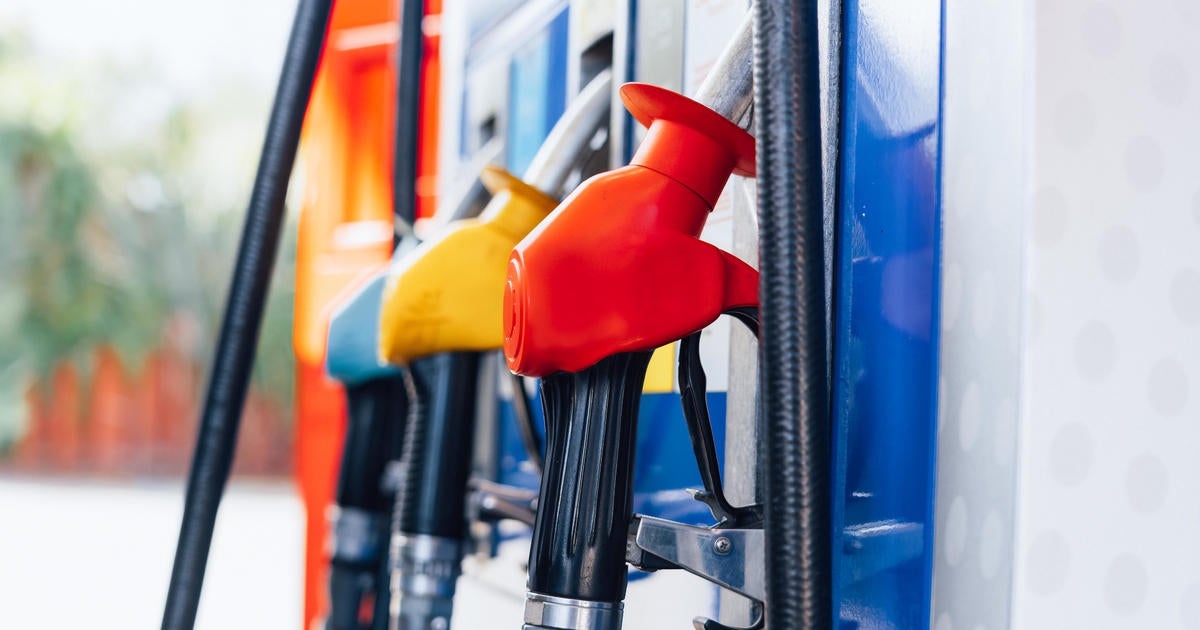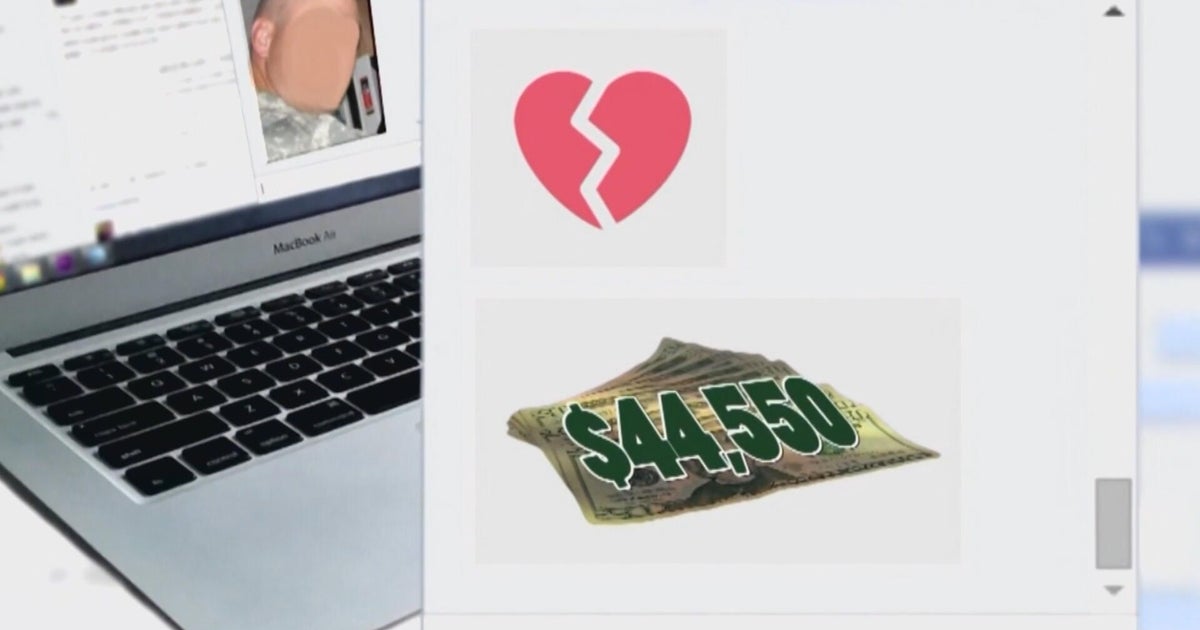Inflation Worries Push Consumer Confidence Down
LOS ANGELES (AP) — Shoppers' worries about juggling rising gas and food prices and other household costs pushed the Consumer Confidence Index down sharply in March.
The decline, which followed a three-year high in February and reversed five straight months of improvement, raises questions about shoppers' ability and willingness to spend in coming months.
The Conference Board's Consumer Confidence Index fell more than expected to 63.4 from a revised 72.0 in February. Economists expected a decline to 65.4, according to FactSet. A reading of 90 indicates a healthy economy. The index hasn't approached that level since the recession began in December 2007.
Shoppers' outlook over the next six months worsened. The part of the index measuring those expectations fell to 81.1 from 97.5 last month. The other gauge, which measures how consumers feel now about the economy, improved to 36.9 from 33.8 in February.
Economists monitor confidence because consumer spending, including big-ticket items such as housing and health care, accounts for about 70 percent of U.S. economic activity and is critical for a strong rebound.
"Consumers' inflation expectations rose significantly in March and their income expectations soured, a combination that will likely impact spending decisions," Lynn Franco, director of The Conference Board Consumer Research Center, said in a statement.
On the other hand, consumers' assessment of current conditions improved, indicating that while the short-term future may be uncertain, the economy continues to expand, she added.
Signs of financial strain emerged Monday in February's consumer spending report, which showed that most of the 0.7 percent jump in spending went to cover higher gas prices. Although personal income and rose 0.3 percent for February, after-tax incomes actually fell 0.1 percent after adjusting for inflation.
The government's February jobs report, released this month, showed companies added more workers in February than in any month in almost a year, and unemployment fell to 8.9 percent, the lowest in almost two years.
But higher oil prices, violence in the Middle East and North Africa and Japan's nuclear crisis could frighten U.S. companies out of taking any risks, says Mark Vitner, a senior economist with Wells Fargo. The rising prices also will cut into household budgets, leaving shoppers with less to spend on discretionary purchases like eating out.
The national average for a gallon of gas hit $3.584 Monday, the highest price ever for this time of year, according to AAA, Wright Express and the Oil Price Information Service. Gasoline prices have jumped 25.1 cents in the past month and 78.1 cents from a year ago.
Further burdening consumers are rising food and clothing prices and a troubled housing market.
Home prices are falling in most major U.S. cities, and the average prices in four of them are at their lowest point in 11 years, according to Standard & Poor's/Case-Shiller report released Tuesday.
On Friday, the Commerce Department said new-home sales plunged in February, the third month in a row. Overall home sales rose, according to a report Monday from the National Association of Realtors, but the sales were uneven geographically and insufficient to signal a turnaround.
The Conference Board survey, which is conducted by The Nielsen Co., is based on a random survey mailed to 3,000 households from March 1 through March 16, underscored that consumers' outlook had soured.
Respondents expecting business conditions to improve over the next six months declined to 20.6 percent from 25.2 percent, while those expecting them to worsen increased to 16.2 percent from 10.3 percent.
Consumers were also more glum about the labor market. Those expecting more jobs in the months ahead declined to 19.9 percent from 21.2 percent, while those anticipating fewer jobs rose to 20.7 percent from 15.0 percent.
(© Copyright 2011 The Associated Press. All Rights Reserved. This material may not be published, broadcast, rewritten or redistributed.)







